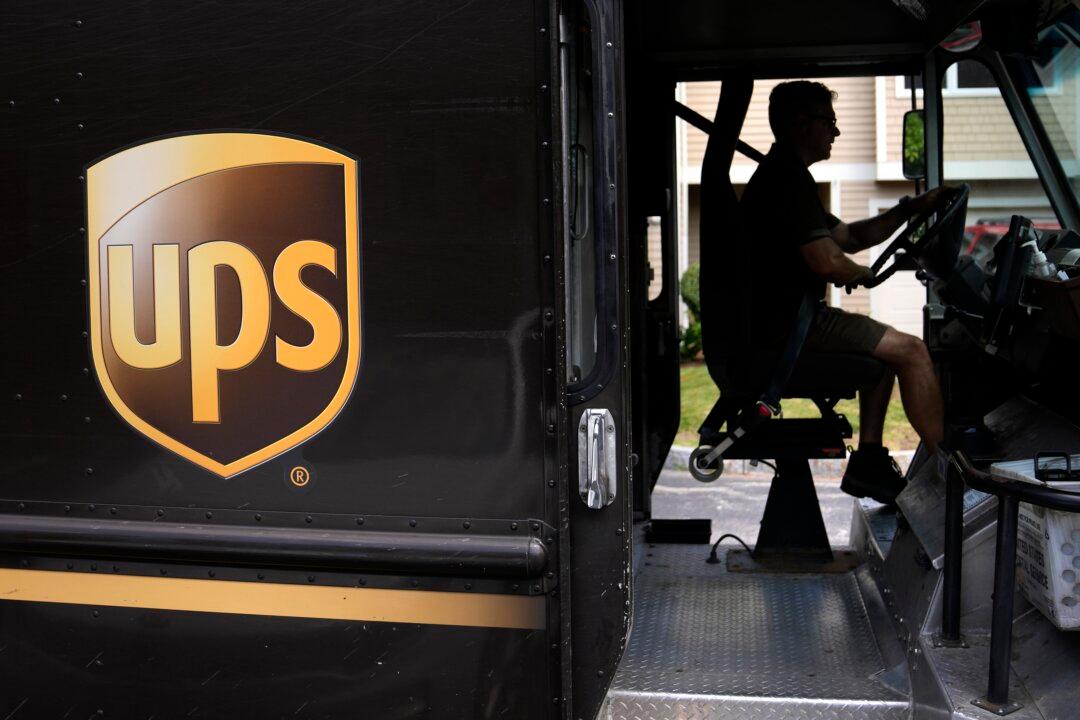The Supreme Court declined on Nov. 6 to take up the disability bias lawsuit of a UPS driver in West Virginia who claimed that his employer violated his rights under the Americans with Disabilities Act (ADA).
The Supreme Court’s decision allows a ruling against the driver by the U.S. Court of Appeals for the 4th Circuit to remain in place.





